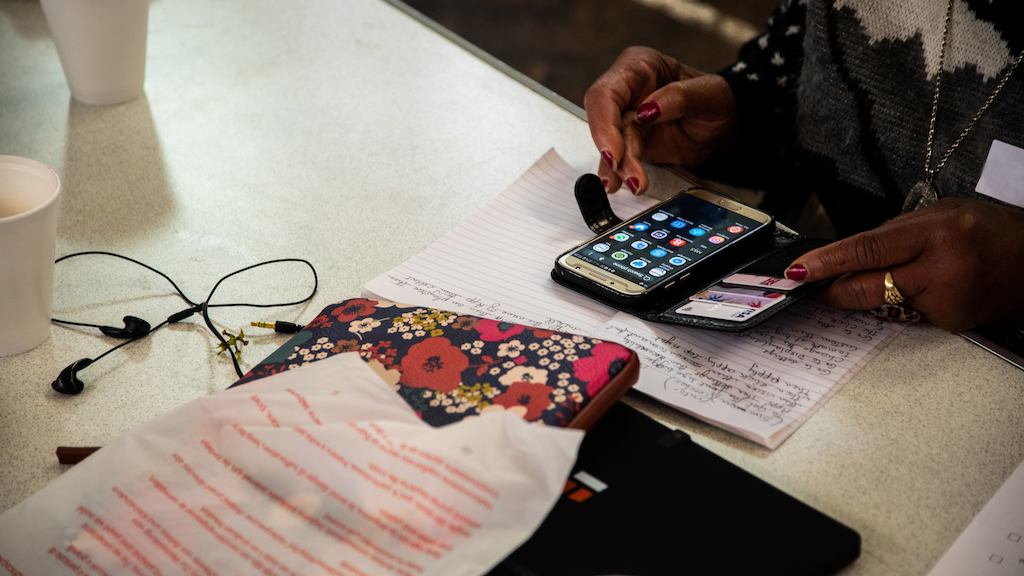I'd like to think that I'm not addicted to my phone or the internet, but the list of things that I'd prefer to give up instead of having to go a week without WiFi is embarrassingly long. And I'm sure I'm not alone.
You don't need me telling you how integral the internet is to our lives and how seamlessly integrated it is into our daily routines. Emails, social media, news, entertainment, banking, shopping, the list goes on.
And with the COVID-19 pandemic leading more of us to use the internet, more often and for more reasons, it has also accelerated the need for public services to be primarily online, or 'digital by default'. In the last few months most of us have experienced GP services, exercise classes, social clubs and gatherings through virtual means almost exclusively. So much so that 'Zoomed out' became an informal term to describe the fatigue of online meetings. And it makes sense of course. GPs and patients alike, for example, don't need to worry any more about risk of contracting illness or travelling into surgeries, among other reasons.
But in recent weeks we've seen a pushback on plans to make online GP clinics the norm going forward. Among the concerns is that we're neglecting those who don't have access to the internet.

